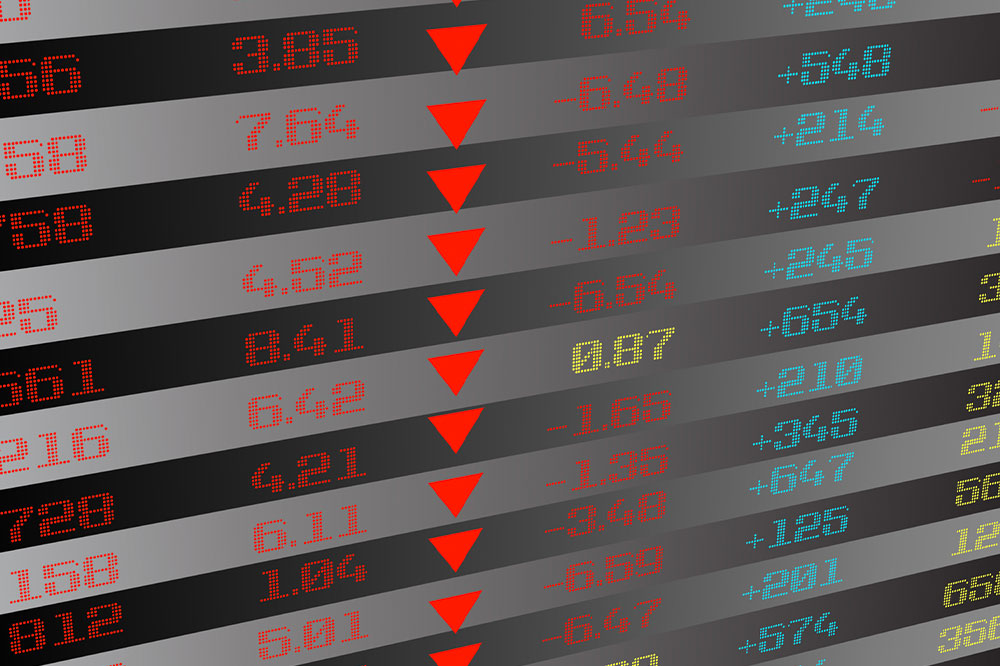How to Choose Quality Stocks That Pay High Dividends
Investing in high dividend stocks is a great way to grow your retirement portfolio. Since there are a lot of options out there, choosing the right one can be tricky. But if you know how to choose quality stocks with high dividends, you can establish a regular supplementary income. There are a few aspects that drive some investments to the high dividend stock list, and knowing these will make investing that much easier.

What are stocks
A stock is a portion that you own in a company. Once you buy a stock, you become a partial owner of the company. There are two main types – common stocks and preferred stocks. Common stocks give shareholders the right to vote on company decisions and receive dividends. Preferred stocks don’t have voting rights, but they do have priority when it comes to receiving dividends, yields, and other payments.
A dividend is a company’s payment to its shareholders out of its profits. They are usually paid out quarterly (every three months). Not all companies pay dividends. A yield is the percentage of return that you get on your investment. For example, if a stock has a dividend yield of 3%, you’ll receive $3 in dividends for every $100 that you invest.
Most companies that pay dividends are mature companies with a long history of profitability. They tend to have stable earnings and cash flow, and they use their dividend as a way to return some of their profits to shareholders.
Companies that pay dividends tend to have a few other common traits. They usually have strong balance sheets with little debt. They also tend to have consistent earnings growth. And they often have a loyal shareholder base that values the dividend income.
How to look for high dividend stocks
It is best to look for companies that have a history of paying dividends. These companies are more likely to continue paying dividends in the future. A company that has been paying dividends to its shareholders for a long time is usually a more stable and mature company, which is less likely to experience sudden changes in profitability or cash flow.
Companies with strong financials are more likely to be able to afford to pay high dividends. A strong balance sheet and healthy profits usually mean that the company is more likely to continue paying its dividend even in challenging business conditions.
Companies in industries with low competition tend to have higher profit margins, which means they can afford to pay higher dividends. A company that regularly increases its dividend is usually doing well financially and is likely to continue growing its dividend in the future.
A high dividend yield indicates that the company pays out a significant portion of its profits as dividends. This can be sustainable if the company has a strong financial position and can generate consistent profits.
A company with low debt levels is less likely to experience financial difficulties if business conditions deteriorate.
A low payout ratio indicates that the company is retaining most of its profits, not paying out an excessive amount as dividends, and is reinvesting most of its earnings in expansion.
A low debt-to-equity ratio indicates that the company is not heavily indebted and can afford to pay a high dividend.
A company that is growing its earnings is more likely to be able to pay a high dividend because as earnings grow, so does the cash available to pay dividends.
A company that is undervalued in relation to its peers may be a good candidate for investment. While dividends are important, you also want to invest in companies that have the potential to grow. This way, you can enjoy both dividends and capital gains as the company’s stock price increases.
Another thing to bear in mind is the sustainability of the dividend. A company may have a high yield today, but if they are not generating enough cash flow to cover its dividend payments, the dividend may not be sustainable in the long run.
Benefits of investing in high dividend stocks
Higher return on investment: A high dividend stock typically yields 4% or more, while a low dividend stock may only yield 2% or 3%. This means that you will earn more money from your investment in a shorter period. You can also use the dividends to reinvest in the stock, or you can use them to supplement your other income sources.
Stable and less risky than other stocks: This is because companies that pay high dividends typically have strong business models and are less likely to have sudden drops in their stock prices. High dividend stocks are often less volatile than other types of stocks. This means that their prices don’t fluctuate as much, so you can expect to see a steadier return on your investment.
Steady income: If you’re looking to invest to get a steady income stream, high dividend stocks are a great option. This is especially beneficial for investors who have retired or nearing retirement, as it can help them to supplement their other sources of income.
A company with a high dividend yield but a low payout ratio may be in danger of cutting its dividend, so it is important to consider both metrics.